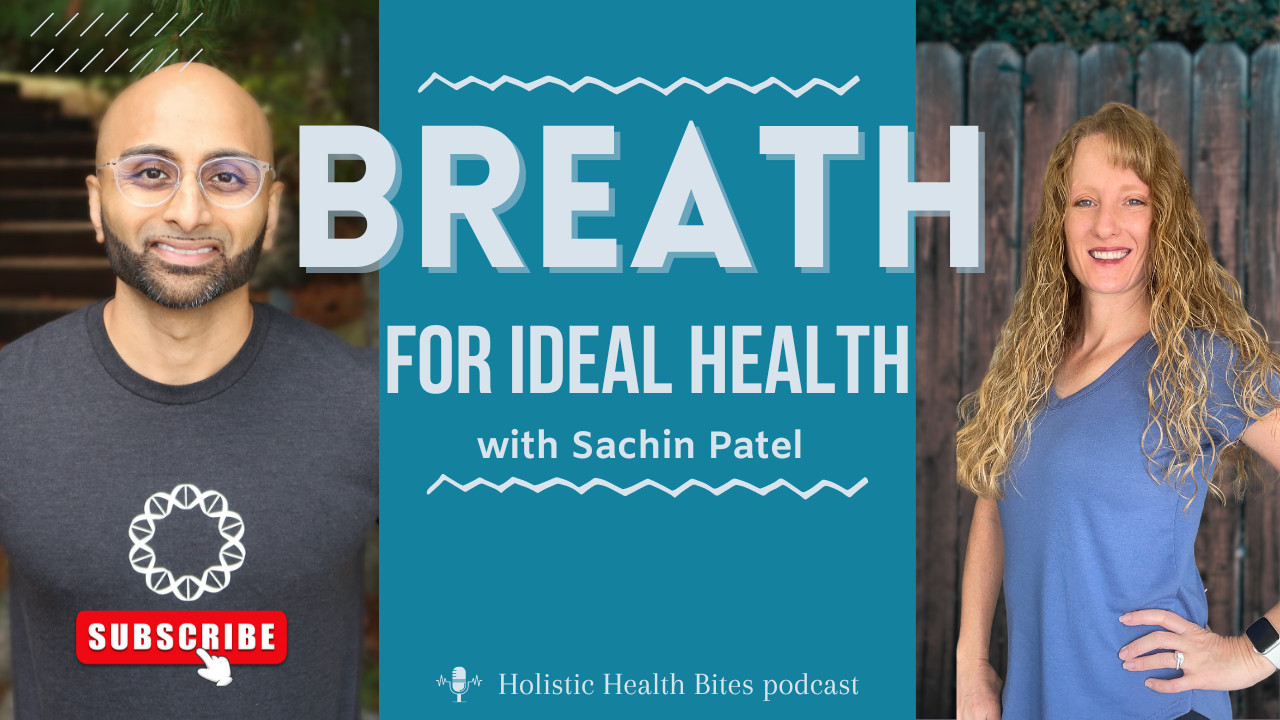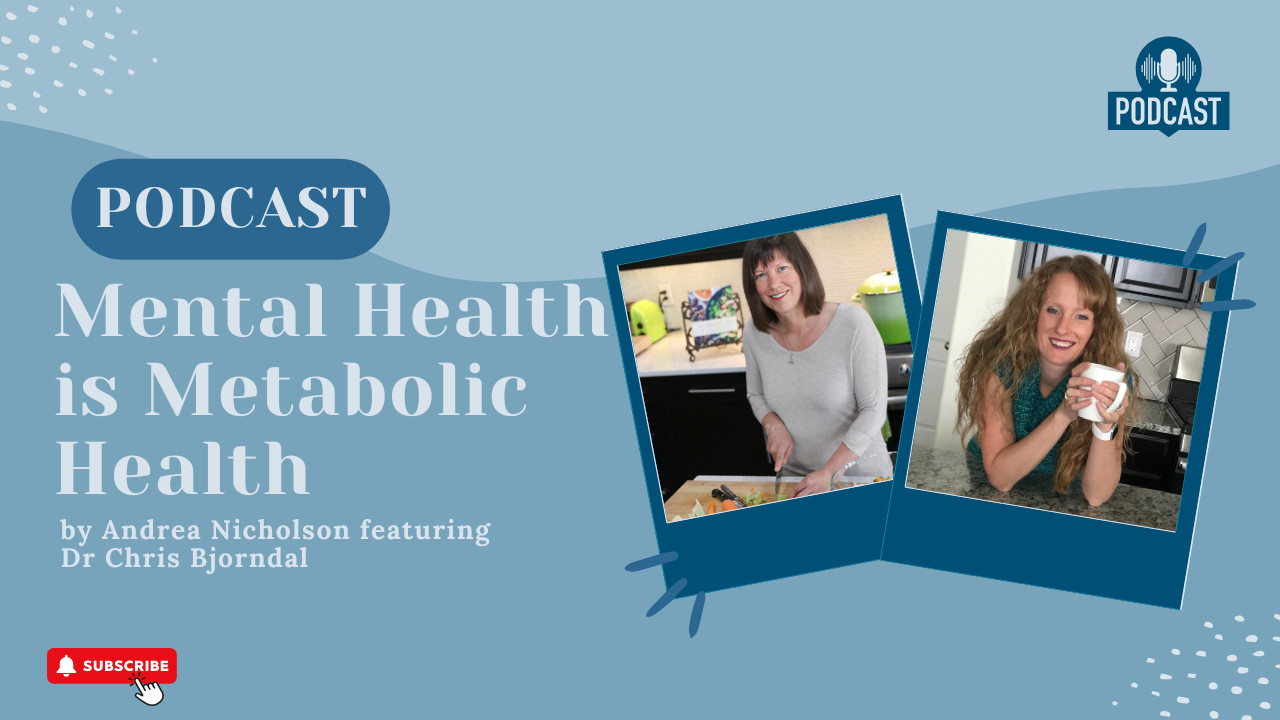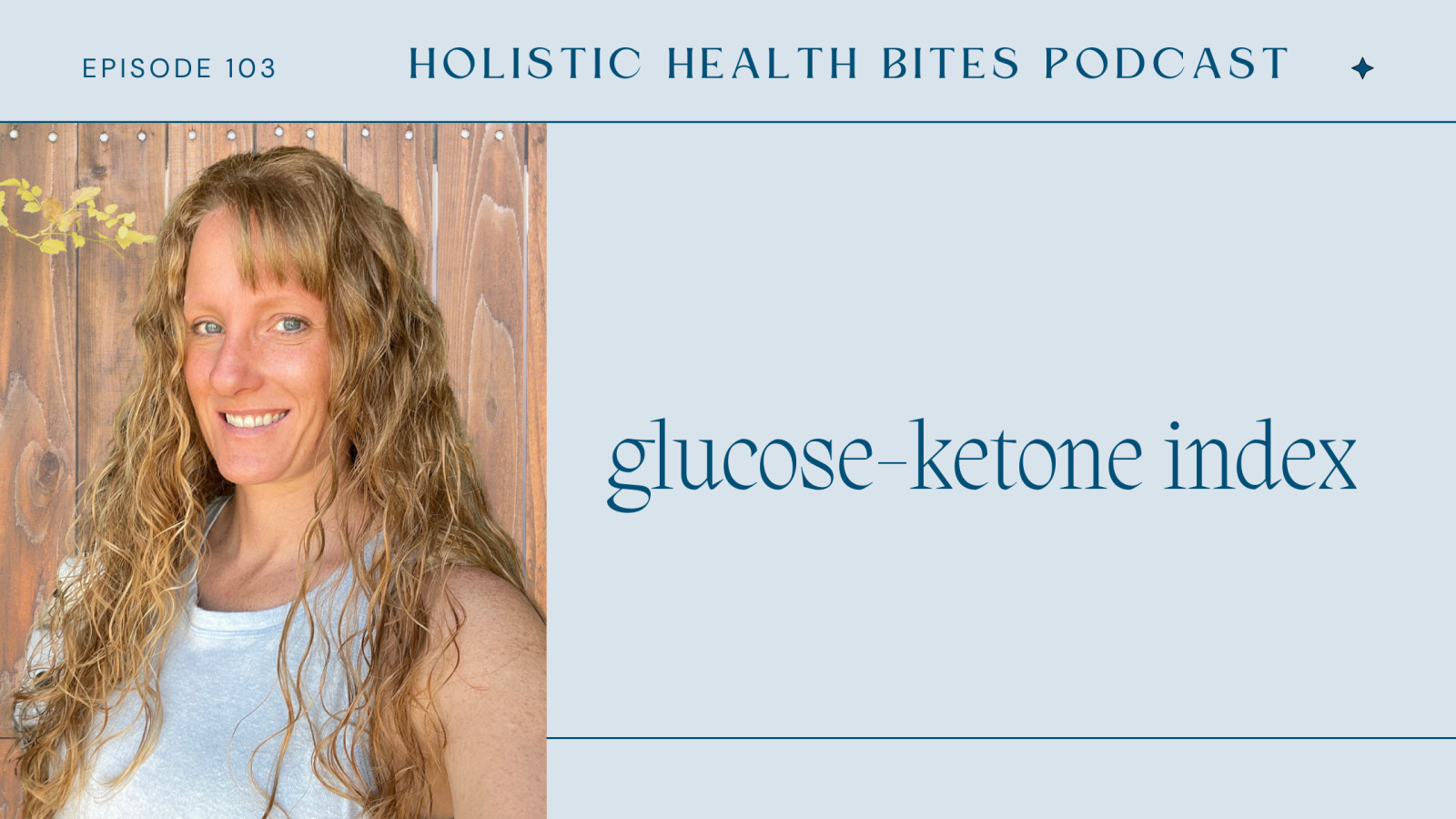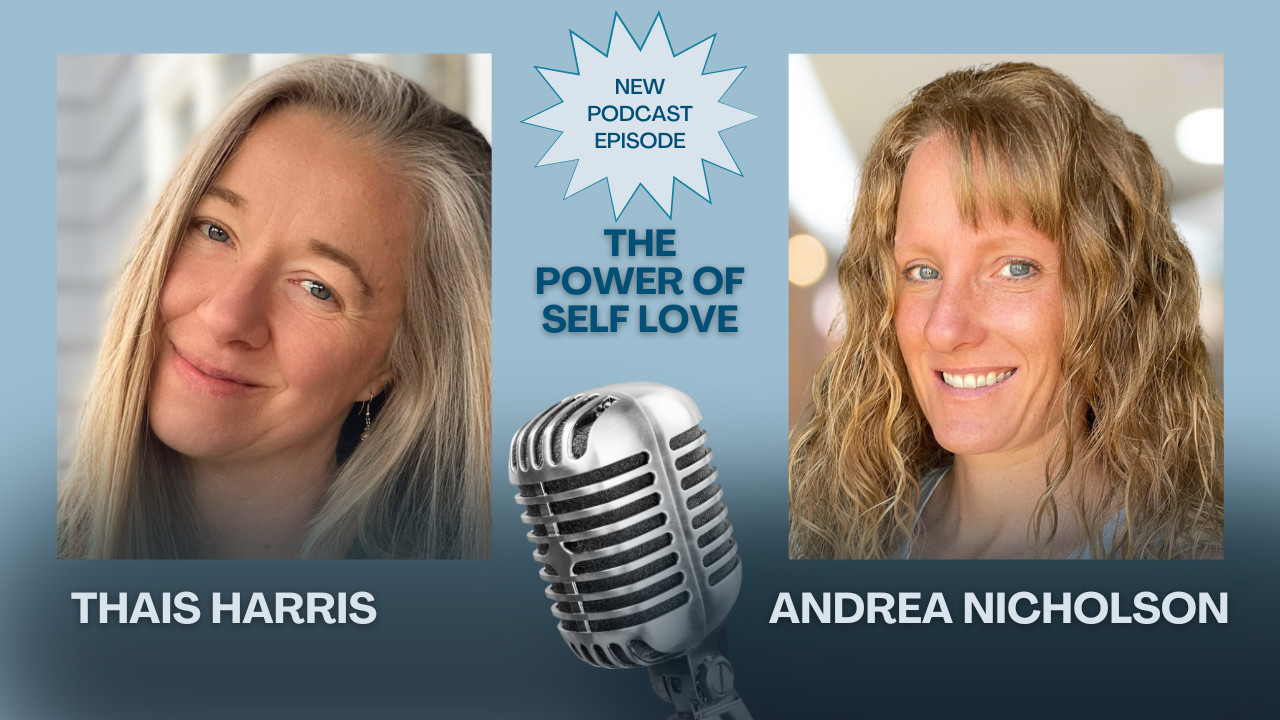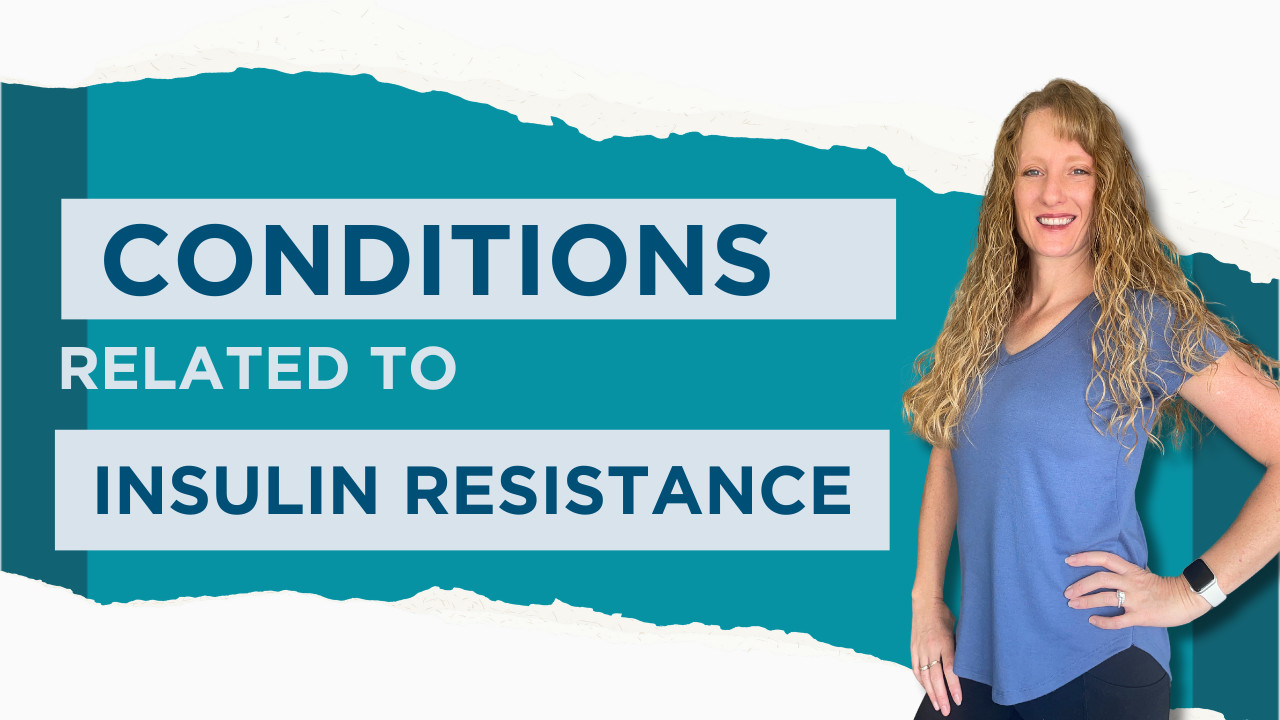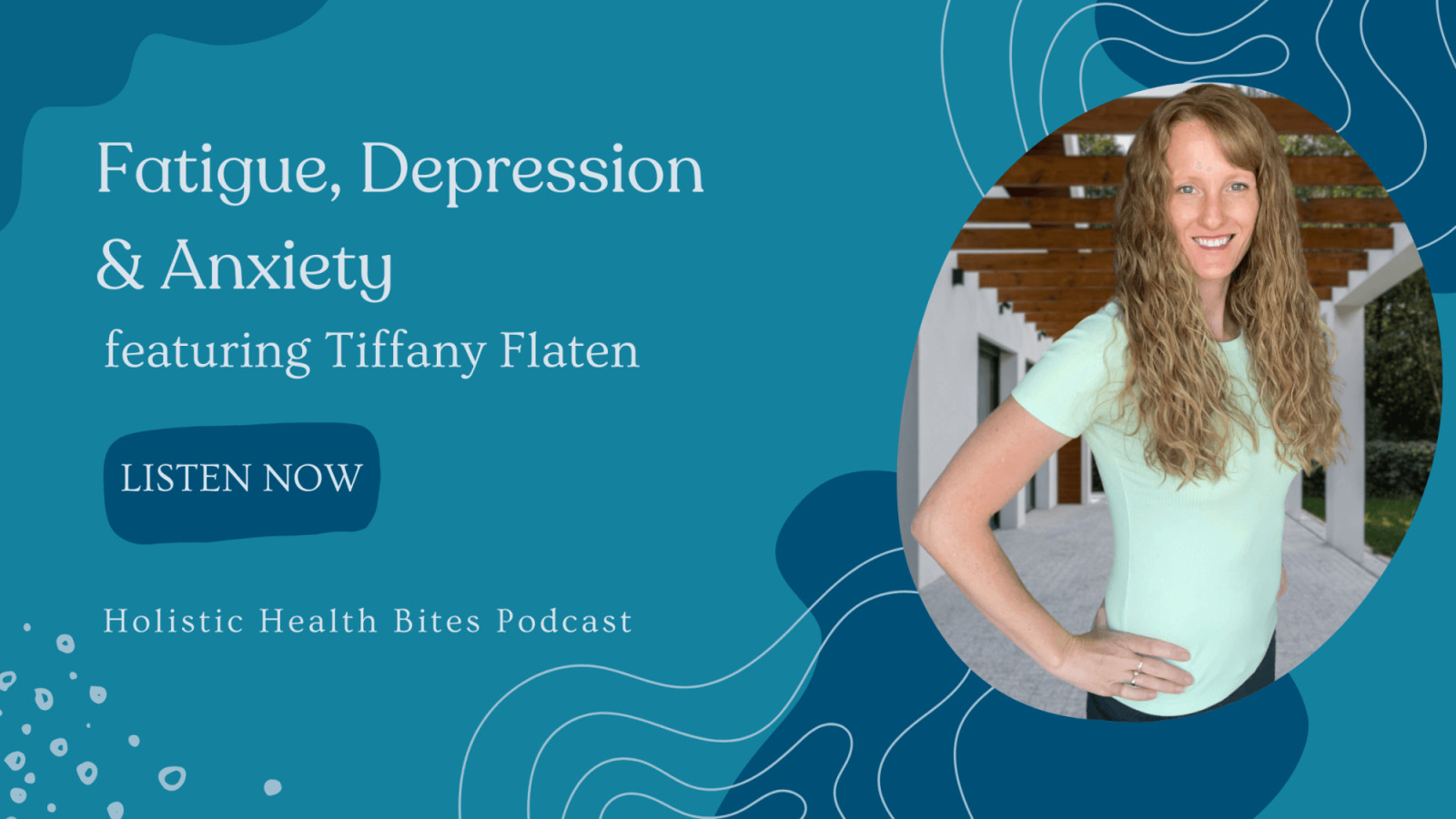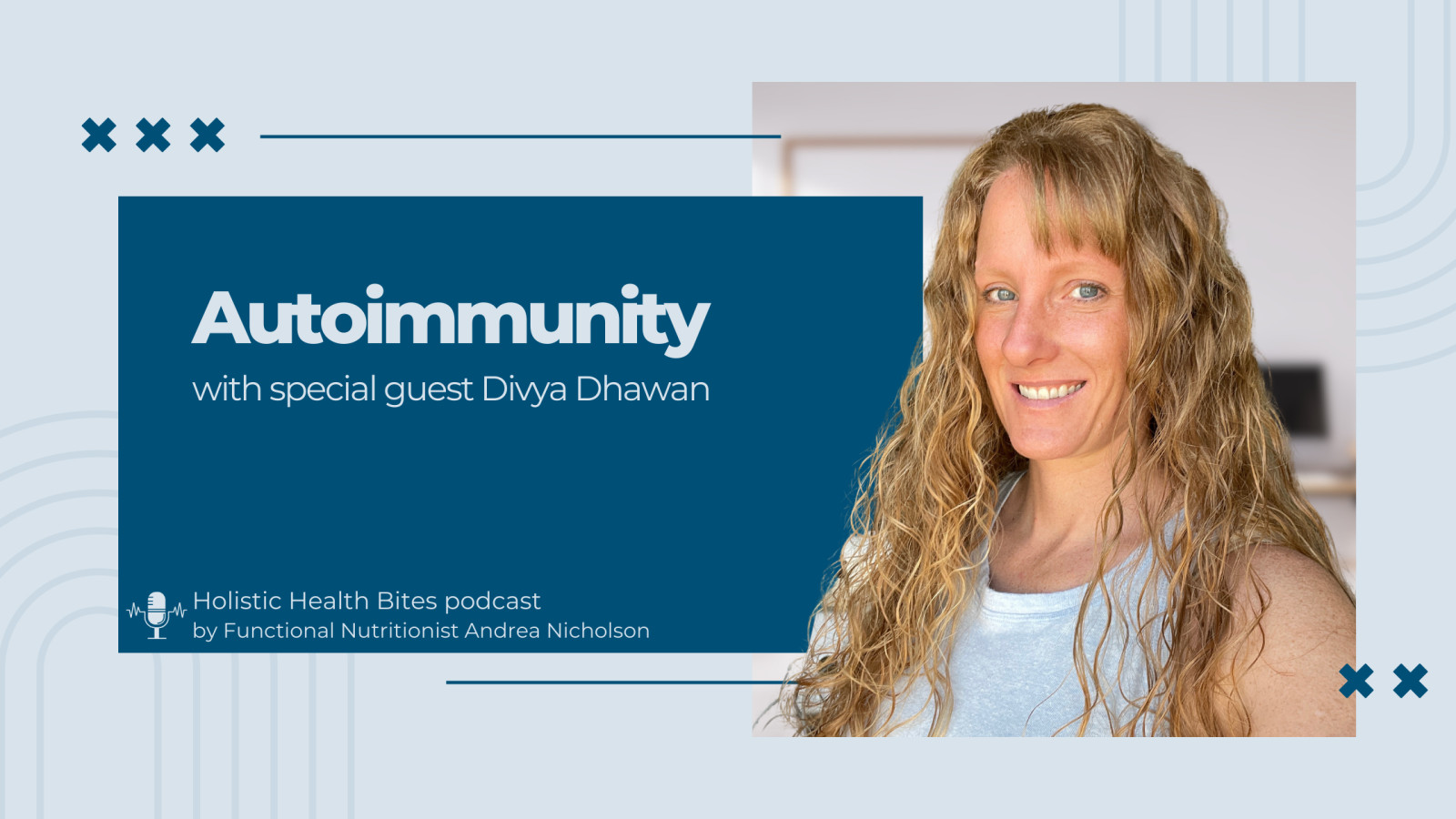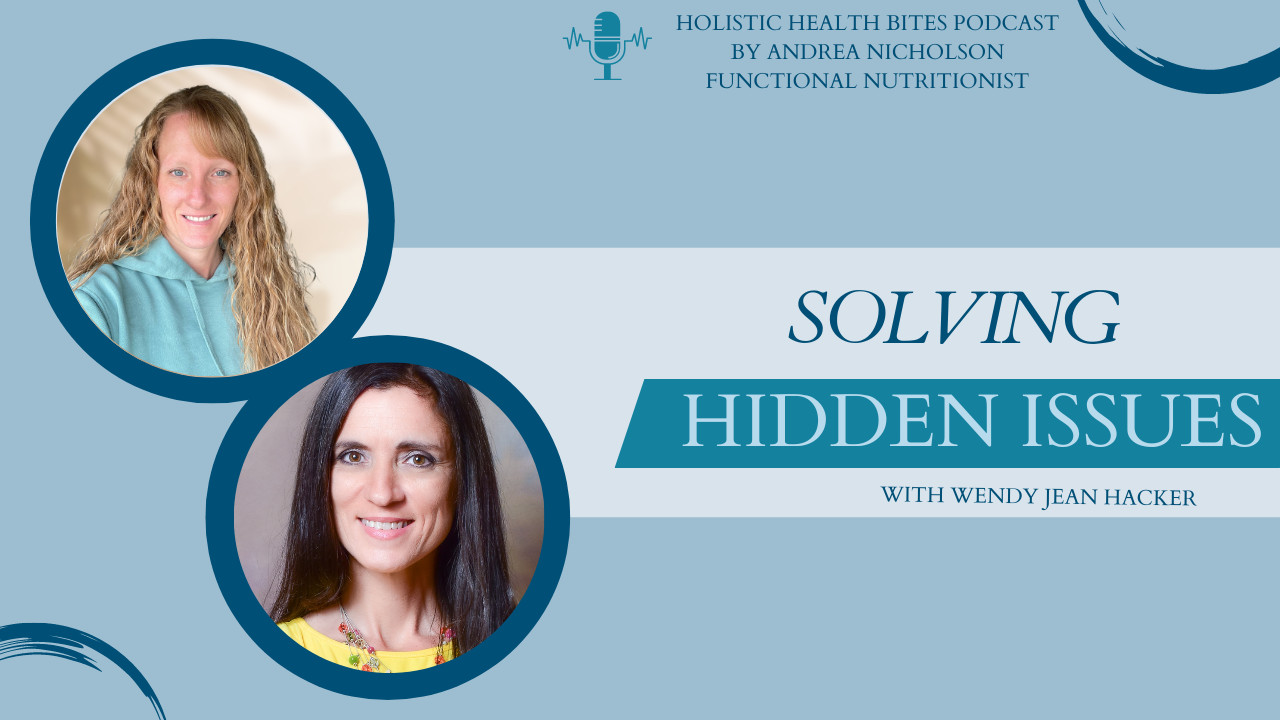
Sachin Patel is a functional medicine practitioner and breathwork expert. He got into this field after realizing conventional doctors had no answers for chronic illness patients. Breathwork became his passion for integrating simplicity and sophistication in health. In this episode, Sachin explained the health consequences of mouth breathing, including poor sleep, inflammation, and hormonal imbalance. Nasal breathing optimizes air through humidification, warming, and filtration before it reaches the lungs.
Sachin outlined various breathing patterns like coherence breathing and bellows breathing that can induce different physiological states. The "right" way to breathe depends on one's needs in the moment and goals. He recommended finding prompts like checking emails or driving to associate with breath awareness. This helps establish breathwork as a habit. Wearables can also gamify the process and show physiological impacts.
Sachin detailed how mouth taping at night trains nasal breathing, improving sleep, hormones, temperature regulation and more. It strengthens respiratory muscles weakened by devices like CPAPs.
HRV measures nervous system resilience through heart rate fluctuations with breathing. Higher HRV means better stress handling. Breathwork and lifestyle changes can optimize this important biomarker.
Sachin explained how breathwork impacts cell signaling, energy production and the body's intricate systems through oxygenation, CO2 balance and nervous system regulation. Proper breathing is the body's "steering wheel."
Read more...
In this episode of Holistic Health Bites, functional nutritionist Andrea Nicholson explores the top five non-food contributors to insulin resistance. She highlights the impact of a sedentary lifestyle, chronic stress, sleep deprivation, environmental toxins, and genetics on insulin sensitivity. Nicholson provides practical tips for incorporating movement into daily life, managing stress effectively, enhancing sleep hygiene, minimizing exposure to environmental toxins, and understanding the role of genetics in predisposing individuals to insulin resistance. While nutrition plays a significant role, addressing these non-food factors is crucial for overall health.
Read more...Functional Nutritionist Andrea Nicholson discusses our addiction to stress and the negative impact it has on our lives. Many of us have become accustomed to living in a constant state of stress, always feeling pressed for time and worrying about things that may never come to pass. Nicholson explains that stress has become like a drug for us, providing dopamine hits when we cross things off our to-do lists or achieve new goals. However, over time, these hits become less satisfying, and we need more and more stress to feel joyous and satisfied.
To break free from our addiction to stress, Nicholson recommends several steps. First, we need to recognize that we have a problem and acknowledge the unhealthy role stress plays in our lives. Second, we must learn to say "no" more often and prioritize our own well-being over constantly seeking to please others or prove how busy we are. Third, we need to find healthy coping mechanisms for stress, such as exercise, reading, or practicing mindfulness. Fourth, setting boundaries is crucial to prevent overwhelming ourselves with tasks that aren't necessary. Finally, practicing gratitude can help us appreciate what we have and find joy in the present moment.
By following these steps, we can work towards breaking our addiction to stress and living a healthier, more balanced life.
Read more...Functional Nutritionist Andrea Nicholson discusses the importance of restful downtime that goes beyond just sleep. She explains that activities like mindlessly watching TV or scrolling through social media, although not physically or mentally taxing, can still bombard us with stress, stimulation, and negative imagery. These activities actually increase cortisol levels and put our bodies into a fight or flight state, preventing true rest.
To make our downtime more restful, Nicholson suggests various activities such as spending time in nature without any electronic devices, reading a relaxing book, taking a bath in silence, stretching or doing light yoga, meditating or practicing deep breathing, and journaling. These practices can help lower cortisol levels, allowing our bodies to heal and ultimately leading to improved energy levels, productivity, and mood. Nicholson encourages listeners to incorporate at least one of these techniques into their daily routine to ensure their downtime is truly restful.
Read more...To make our downtime more restful, Nicholson suggests various activities such as spending time in nature without any electronic devices, reading a relaxing book, taking a bath in silence, stretching or doing light yoga, meditating or practicing deep breathing, and journaling. These practices can help lower cortisol levels, allowing our bodies to heal and ultimately leading to improved energy levels, productivity, and mood. Nicholson encourages listeners to incorporate at least one of these techniques into their daily routine to ensure their downtime is truly restful.
Functional Nutritionist Andrea Nicholson highlights the dangers of under-eating and over-exercising in the pursuit of weight loss. Despite popular belief, these practices are not sustainable or effective. Under-eating can lead to a drop in metabolic rate and the breakdown of lean tissue, hindering weight loss progress. Over-exercising, while beneficial in moderation, can cause fatigue, injuries, and illness. Additionally, excessive fasting can result in the loss of lean tissue and dysregulation of hormones. To achieve a healthy balance, Nicholson suggests finding the right combination of nutrition, exercise, and self-care, tailored to individual needs. If unsure, seeking the guidance of a professional can help navigate this journey towards sustainable weight loss.
Read more...

